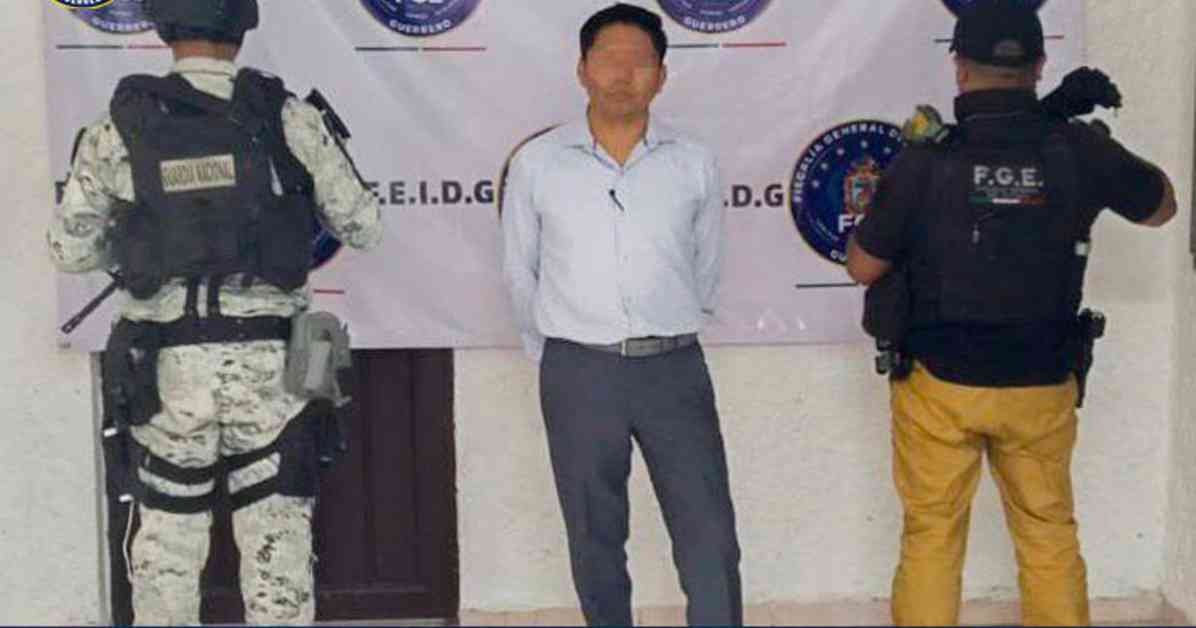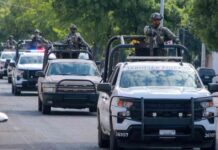In the southern state of Guerrero, Mexico, a former prosecutor and local police official named Germán Reyes was arrested on charges of homicide for the brutal decapitation of Mayor Alejandro Arcos on Oct. 6. This shocking arrest came after officials initially blamed a local drug and extortion gang for the mayor’s killing. Reyes, a former military officer, held a high-level position as a special prosecutor for Guerrero state, raising concerns of collusion between officials and criminal organizations.
The arrest of Reyes also shed light on the practice of hiring retired military officers for top local police jobs across Mexico, with the assumption that they are less susceptible to corruption. State detectives had to rely on federal forces to apprehend Reyes, indicating a lack of trust in state and local police forces. It remains unclear what role Reyes held in the Chilpancingo municipal security force and whether he served under Mayor Arcos or his successor.
The violent incident involving Mayor Arcos is believed to be linked to the same gang responsible for the recent killing of 11 market vendors, including four boys. The Ardillos gang, known to control significant parts of the state, has been engaged in a long-standing turf battle with the rival Tlacos gang for control of Chilpancingo. This ongoing conflict has resulted in a wave of brutal violence and widespread fear among the city’s residents.
The prevalence of cartel violence in Mexico, particularly in regions like Guerrero, has created a climate of fear and instability. Cartels often use gruesome tactics like beheadings and public displays of violence to intimidate their rivals and assert control over territories. The city of Chilpancingo, with a population of approximately 300,000, has become a battleground for competing criminal groups, leading to a breakdown of law and order.
In response to the escalating violence, religious leaders and community members have attempted to broker truces between rival cartels in an effort to restore peace. However, the lack of decisive action from government authorities, as seen during former President Andrés Manuel López Obrador’s tenure, has allowed criminal organizations to operate with impunity. The challenges posed by drug cartels and organized crime in Mexico require a comprehensive and coordinated approach from law enforcement agencies and policymakers to ensure the safety and security of the country’s citizens.























